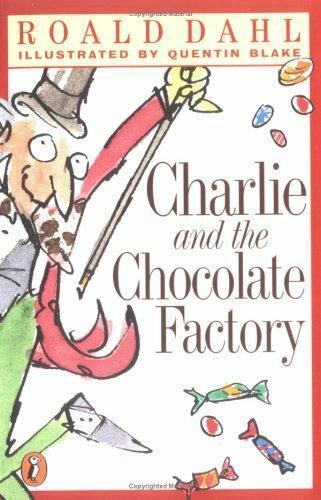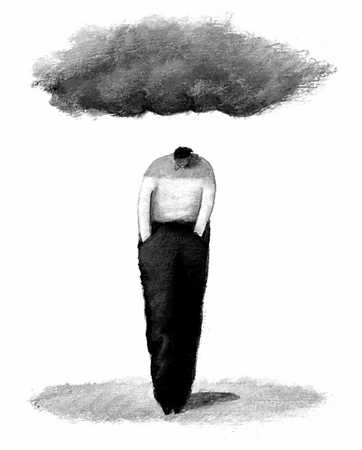Years ago, I was reading “Charlie and the Chocolate Factory” to my students. Bored with the story that I knew so well, I decided to add a new character to the book, joining the ranks of Charlie Bucket, Violet Beauregard, Mike Teavee (stupidest name in fiction ever), Veruca Salt, and Augustus Gloop.
A fifth child for Mr. Wonka and the Uompa-Loopas to weed out.
Staring at the pages and turning them now and again, I invented entire passages about a bratty little child and his outlandish exploits. I cannot remember the specifics of this new, sixth child, but many students raised their hands with questions about why they had never seen or heard of this new character in the movie version of the novel.
Books and movies differ in many ways, I explained.
Surprisingly, my instincts about adding a new character weren’t so far off. Roald Dahl’s early manuscripts, discovered by The Guardian years ago, contained as many as eight children, and later, nearly completed manuscripts still included the sixth child.
From Wikipedia:
In 2005, a short chapter which had been removed during the editing of the book circulated – entitled “Spotty Powder” – was published. The chapter featured the elimination of Miranda Piker, a “teacher’s pet” with a headmaster father. Wonka introduces the group to a new candy that will make children temporarily appear sick so that they can miss school that day, which enrages Miranda and her father. They vow to stop the candy from being made, and storm into the secret room where it is made. Two screams are heard, and Wonka agrees with the distraught Mrs. Piker that they were surely ground into Spotty Powder, and were indeed needed all along for the recipe, as “We’ve got to use one or two schoolmasters occasionally or it wouldn’t work.” He then reassures Mrs. Piker that he was joking. Mrs. Piker is escorted to the boiler room by the Oompa-Loompas, who sing a short song about how delicious Miranda’s classmates will find her.
My chapter wasn’t nearly as entertaining.
Years later, one of my former students came to visit, superficially asking me about my special edition of “Charlie and the Chocolate Factory.”
I may be unable to remember my additional character and their exploits, but my student remembered the invented chapter well and had spent time on the internet looking for the special edition that I had read to her years before.
She was both happy to hear that she was one of the only people in the world to ever hear my special edition of the book but also a little annoyed that she wouldn’t be able to read it again.
I would’ve been annoyed, too.







